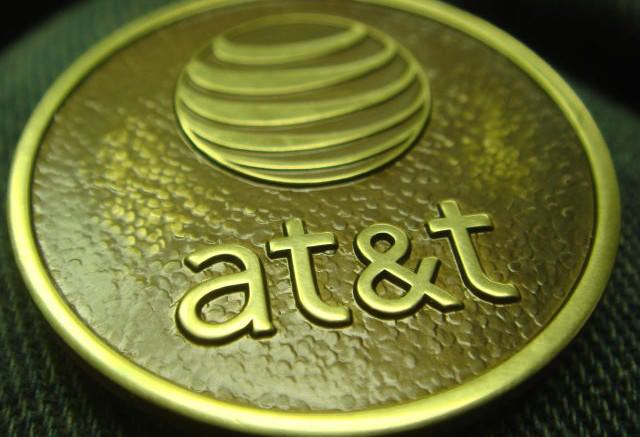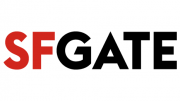Customers who sued AT&T over its practice of throttling unlimited data plans will not be able to pursue a class-action lawsuit against the company. AT&T argued that the customers could only have their complaints heard individually in arbitration, and Judge Edward Chen of US District Court in Northern California has sided with the cellular company.
The customers’ contracts with AT&T required them to arbitrate disputes with AT&T on an individual basis. But customers argued that the arbitration cause would violate their First Amendment right to petition a court for a redress of grievances. While the arbitration clause allowed claims to be brought in small claims court, the plaintiffs argued that such a court would not be an adequate forum.
Half-megabit speeds force customers to abandon unlimited data.
But Chen accepted AT&T’s argument, noting that the Supreme Court previously upheld AT&T’s arbitration provision in a 2011 decision. In the 2011 case, AT&T Mobility v. Concepcion, the Supreme Court found that the Federal Arbitration Act preempted a California state law that limited the power of companies to force customers into arbitration.
Chen’s ruling granting AT&T’s motion to compel arbitration was issued on February 29 and highlighted in a MediaPost article Friday.
“Plaintiffs argue that the Concepcion Court never addressed the specific issues now raised—i.e., that enforcement of the arbitration agreements would violate their rights as protected by the Petition Clause of the First Amendment,” Chen wrote. The plaintiffs argued that a court enforcing the private arbitration clause would constitute a “state action” violating their First Amendment rights, but Chen found “no merit to Plaintiffs’ assertion that the mere fact of judicial enforcement automatically establishes state action.”
“Because there is no state action in the instant case, Plaintiffs lack a viable First Amendment challenge to the arbitration agreements. As Plaintiffs have not challenged the arbitration agreements on any other bases, the Court grants AT&T‟s motion to compel arbitration,” Chen wrote.
While AT&T won this battle, it still faces punishment at the hands of two US agencies, the Federal Communications Commission and the Federal Trade Commission. The FCC last year proposed a $100 million fine to punish AT&T for throttling the wireless Internet connections of customers with unlimited data plans without adequately notifying the customers about the reduced speeds. The FCC said AT&T violated the commission’s transparency rule by falsely labeling throttled data plans as “unlimited.” AT&T is trying to get the fine eliminated or reduced.
Separately, the FTC sued AT&T in an attempt to gain millions of dollars worth of refunds for customers who paid for unlimited data and had their speeds throttled. AT&T claimed the FTC had no jurisdiction in the case, but Chen rejected AT&T’s argument in April 2015. “AT&T appealed that decision to the 9th Circuit Court of Appeals, which is expected to hear arguments about the matter in June,” the MediaPost article said. The FTC argues that AT&T reneged on its promise to provide unlimited data to customers.
All of these cases stem from AT&T’s throttling of customers with grandfathered unlimited data plans. Customers with 3G devices were throttled for the remainder of each month after using 3GB of data, while customers with LTE devices were throttled after using 5GB in a month. AT&T last year relaxed the policy so that customers would only be throttled when the network is congested rather than at all times of the day and night regardless of network conditions. AT&T also increased the throttle point to 22GB.
Despite those changes, AT&T is still trying to avoid any punishment for its previous actions.
Source: arstechnica.com





Be the first to comment on "At&T Defeats Class Action in Unlimited Data Throttling Case"